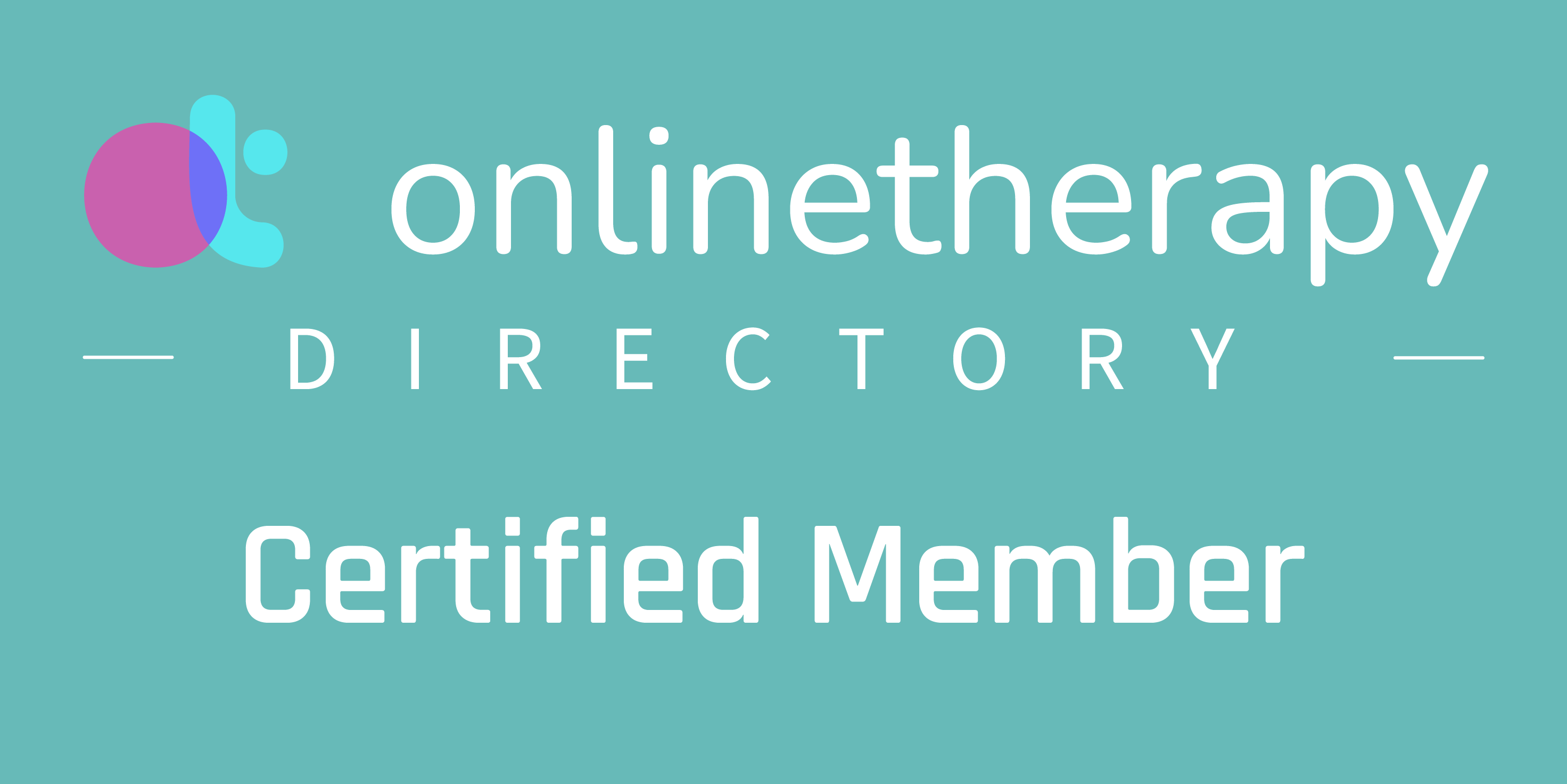
Therapy for Perfectionism, High Achievers and Burnout
What Is Perfectionism?
Perfectionism is a constant state of striving for flawlessness. Perfectionists often experience self-defeating thoughts and high levels of self-criticism. These high achievers do everything right and still feel that it is not enough. They drive themselves hard and may even suffer from low self-esteem. They often use people pleasing and tireless work to get ahead. Many people with perfectionism believe that they can only rely upon themselves. Their successes may feel fragile as if they could disappear in an instant. Adults with perfectionism often tell me they feel numb, angry, in a rut or exhausted.
What is Burnout?
Burnout happens when someone overworks and overperforms for a long period of time. This is most common in people who perform difficult jobs such as executives, entrepreneurs, healthcare professionals, or other high demand professions. Burnout occurs when a person feels alone in their workplace, when they feel unsupported, and when the demands of the job exceed their capacity.
Signs and symptoms of burnout:
· Exhaustion
· Feeling like you are not connected to your body
· Low self-confidence
· Low compassion and empathy for others
· Wanting to be alone a lot or isolation
· Irritability and anger
· Inability to focus
· Rumination – constantly thinking about work outside of work
· Being a “workaholic” – difficulty removing yourself from work and turning off your thoughts
Causes of perfectionism and burnout in high achievers:
Habits of perfectionism, over productivity, self-criticism, people pleasing, and difficulty labeling needs are often responses to trauma or negative belief systems from childhood. When a child is taught that their worth is dependent upon how much they achieve they often develop habits of perfectionism that lead to burnout.
Therapy for Perfectionism and Burnout in high Achievers
I have extensive experience providing therapy across Omaha and the Nebraska area (as well as 39 PsyPact listed states) to people who experience burnout and perfectionism. I use psychotherapy to explore your beliefs about yourself, the world, and other people. I ask questions about where your beliefs came from and how they have been reinforced. I use a combination of schema therapy, narrative therapy, mindfulness, journaling, and value labeling to help you turn away from burnout and engage more fully in your relationships, travel, self-care or whatever is most important to you. People who achieve highly are some of my favorites to work with – and I can certainly relate! Give me a call for a free consultation and we can figure out if this executive coaching is right for you.
Typical outcomes for people with perfectionism or burnout:
People who see me for therapy related to perfectionism and burnout tend to feel better fairly quickly. Many report that they have been on autopilot for years and exploring their beliefs through coaching and counseling has helped them to put a stop to unhealthy habits that produce burnout. It’s no surprise that they apply their driven personalities to treatment – and this tends to work well. I also have a unique ability to form connections with folks who experience this concern. As a psychologist with my PhD I certainly understand that it can be exhausting to continue to perform highly and I can relate to many of the experiences these clients share. That being said I take a peer to peer collaborative role in many of our sessions which tends to produce the best possible outcomes.
FAQs
Can I just “push through” burnout?
While this skill has probably worked for you in a number of situations, unfortunately more effort is not the solution to a problem caused by perfectionism. Learning a different way of thinking and behaving to add to your toolbox is often more helpful.
Do I have to stop striving?
Not at all. Your drive and problem-solving skills are not a problem. We will simply work together in therapy to add additional skills to your arsenal.
How will I know if therapy is working?
You should start to feel more clarity about what really matters to you. Ideally you will be able to relax a bit more, turn off overthinking tendencies, and stay present.



